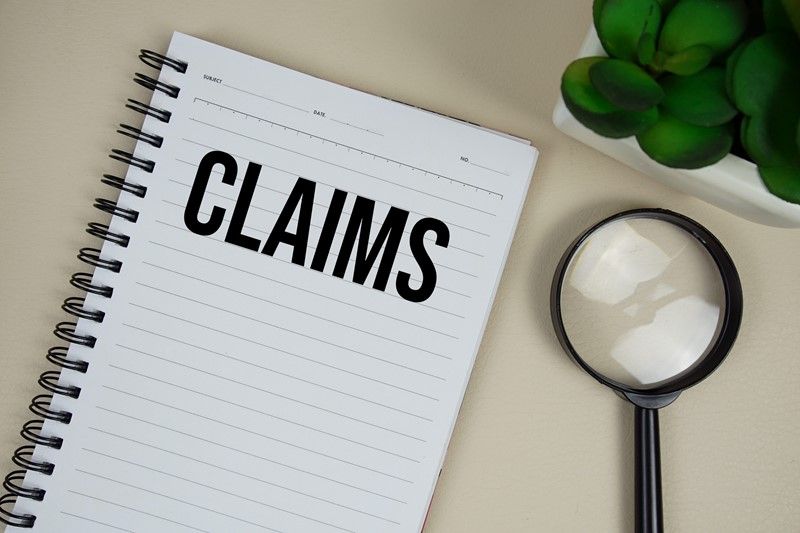Bank of England delivers narrow vote rate cut
The Bank of England’s Monetary Policy Committee (MPC) last met on 18 December and, in a narrow 5–4 vote, decided to reduce the interest rate by 25 basis points, bringing it down to 3.75%. All four dissenting members voted to keep the rate at 4%. This marks the sixth interest rate reduction since August 2024.
Inflation continues to fall, with the latest figure at 3.2%. While this remains above the 2% target, inflation is now expected to return towards target more quickly in the near term. The Bank of England’s next meeting to consider interest rates is scheduled for 5 February 2026.
Following the interest rate cut, the late payment interest rate applied to the main taxes and duties on which HMRC charges interest will decrease from 8% to 7.75%. This change took effect on 29 December 2025 for quarterly instalment payments and will take effect on 9 January 2026 for non-quarterly instalment payments.
In addition, the repayment interest rate paid by HMRC on main taxes and duties will fall by 0.25 percentage points, from 3% to 2.75%, from 9 January 2026. The repayment rate is calculated as the Bank Rate minus 1%, subject to a minimum of 0.5%.




